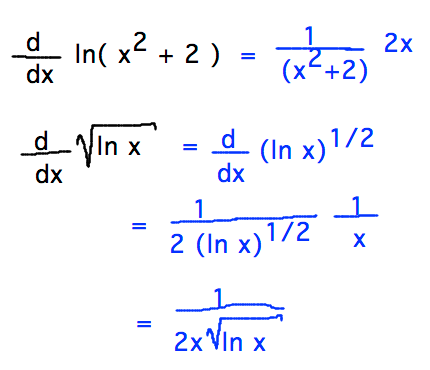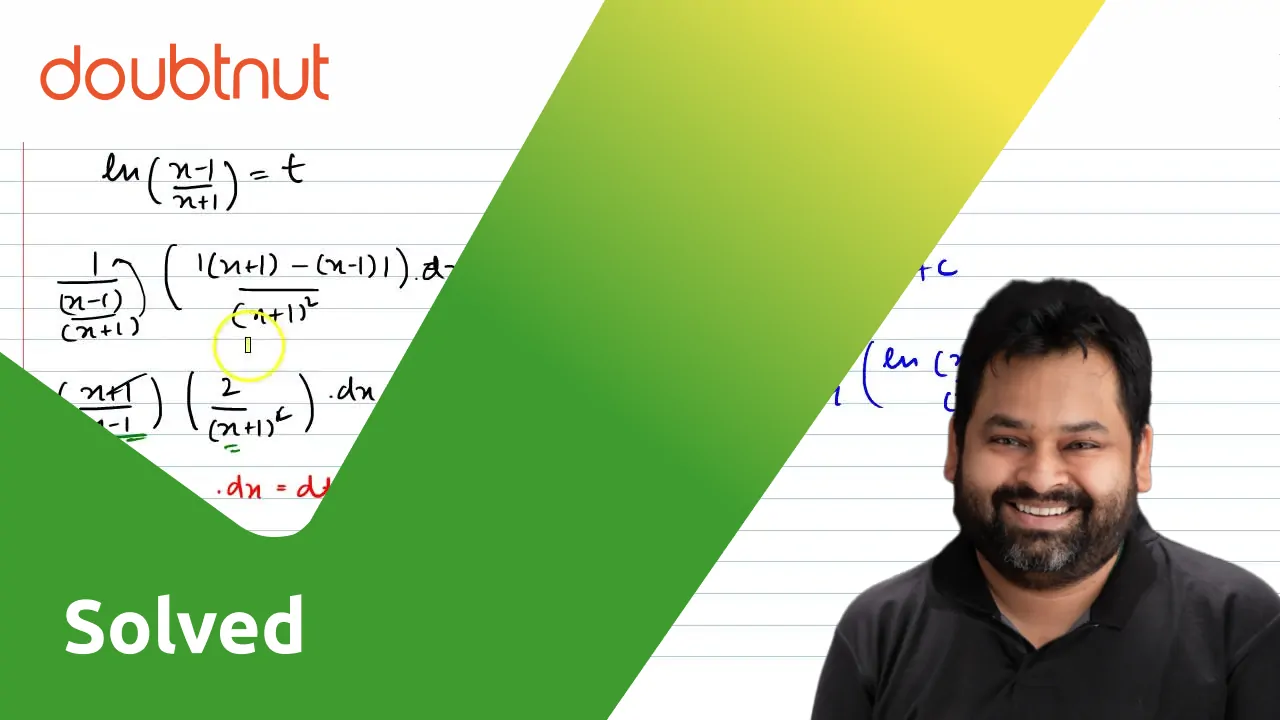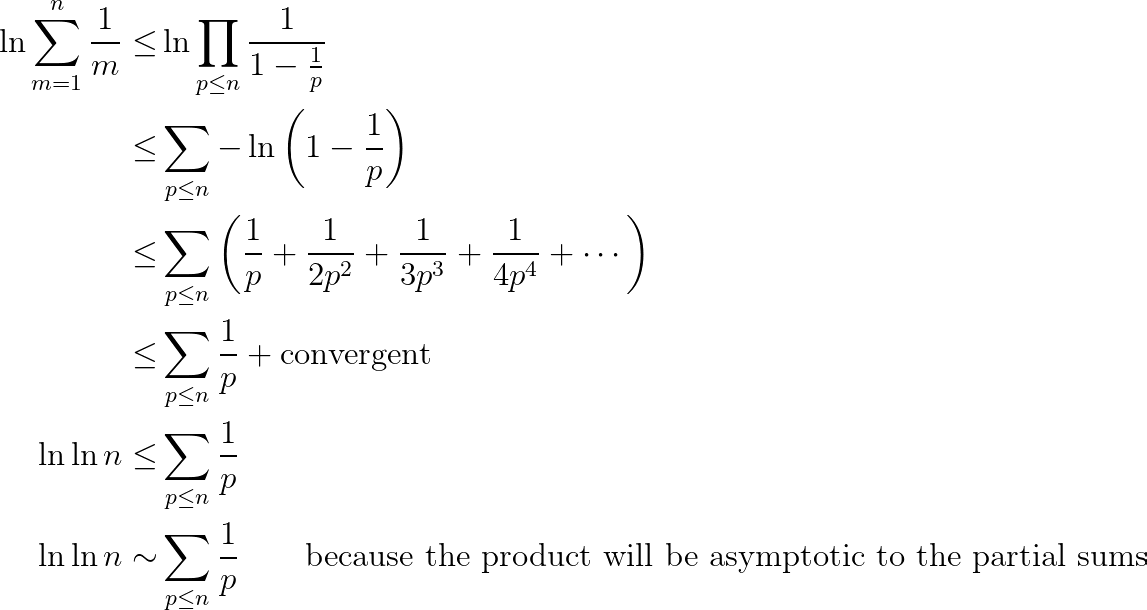
limita de la x tinzand la 2 din ( ln x-1/x) -ln2+1/2 totul supra x-2 ma ajuta si pe mine cineva cu limita - Brainly.ro

ln ( 1 + x ) - ln 2 ) left( 3.4 ^ { x - 1 } - 3 x right) ) (12) Evahuate ( lim _ { x rightarrow 1 } frac { ( ln ( 1 + x ) - ln 2 ) left( 3.4 ^ { x - 1 } - 3 x right) } { left[ ( 7 + x ) ^ { frac { 1 } { 3 } } - ( 1 + 3 x ) ^ { frac { 1 } { 2 } } right ...

How does ln(1) and log(1) have the same value whereas for no any other variable they are same? - Quora
The value of lim(x →1)((ln(1 + x) - ln2)(3.4^x - 1 - 3x))/([(7 + x)^1/3 - (1 + 3x)^1/2].sin(x - 1)) is - Sarthaks eConnect | Largest Online Education Community


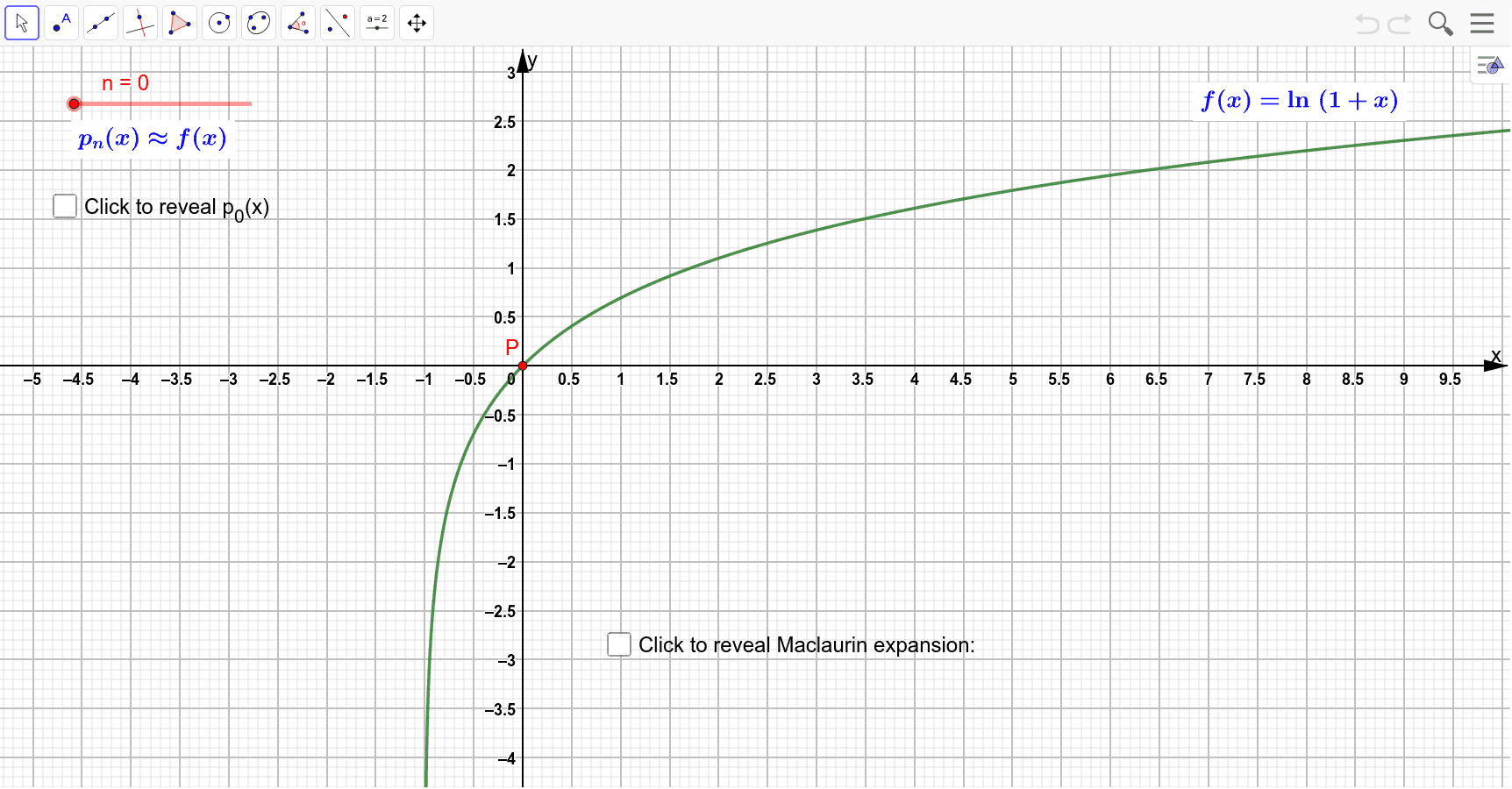
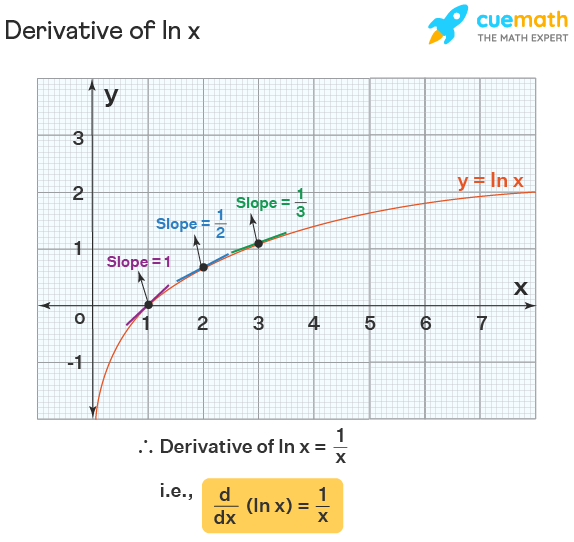

![find ln [ 1 +1/2+1/4+1/8+.........] I will Mark the best answer as brainliest - Brainly.in find ln [ 1 +1/2+1/4+1/8+.........] I will Mark the best answer as brainliest - Brainly.in](https://hi-static.z-dn.net/files/dc8/9e6ccf1489c428d0e46f2a010902b540.jpg)
